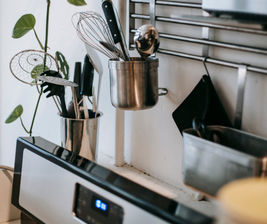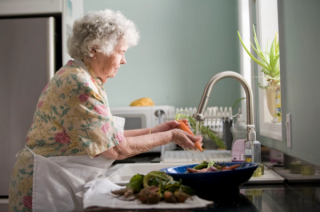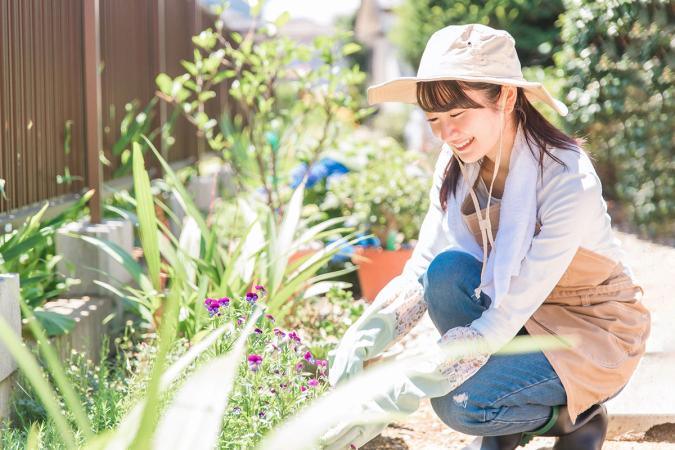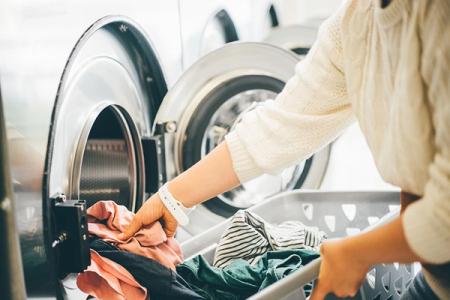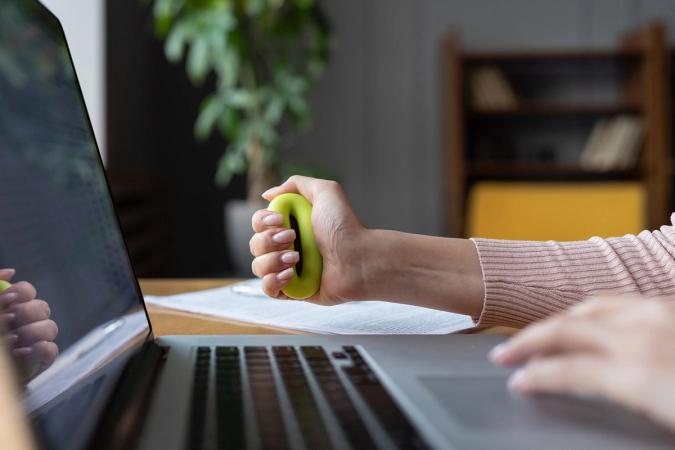question
what kinds of self help devices make life with arthritis a little easier?
Living with arthritis can present various challenges in daily life, but there are numerous self-help devices designed to make tasks easier and reduce strain on your joints. These assistive devices can enhance your independence and improve your overall quality of life. Here’s a comprehensive overview of some effective self-help devices that can help you manage daily activities more comfortably.
Common Self-Help Devices for Arthritis
-
Canes and Walkers
- Canes provide extra stability and support while walking, reducing strain on hip, knee, and ankle joints.
- Walkers offer even more support and are ideal for those with significant balance issues. Some models come with built-in seats for resting.
-
Grab Bars
- Installed in bathrooms and other areas prone to slips, grab bars provide secure handholds for getting in and out of the bathtub, shower, or toilet.
-
Ergonomic Utensils
- These utensils have comfortable, easy-to-grip handles, making mealtime more manageable for individuals with arthritis in their hands.
-
Jar and Bottle Openers
- Designed to provide a better grip, these devices allow individuals to open containers and jars with less effort, reducing strain on the hands.
-
Reacher Grabbers
- These tools have extended arms with a gripping mechanism at the end, helping you grab objects from high shelves or pick up items from the floor without bending down.
-
Adaptive Clothing
- Clothing with features like Velcro closures or magnetic buttons makes it easier for those with limited movement in their fingers and hands to dress independently.
-
Key Turners
- These provide a larger, more comfortable grip for turning keys, which can be especially helpful for people with hand and finger arthritis.
-
Electric Can Openers
- Automating the task of opening cans, these devices reduce strain on the hands, fingers, and wrists.
-
Stair Lifts and Elevators
- For those with mobility challenges, stair lifts and home elevators can facilitate movement between different levels of the home.
-
Fall Alarms
- These devices alert caregivers or emergency services in case of a fall, ensuring a prompt response to any accidents.
Kitchen Aids
- Lightweight Kitchen Items: Opt for pots, pans, and utensils that are lightweight to reduce strain while cooking.
- Specially Designed Knives and Slicers: These can make food preparation easier and safer.
- Non-Slip Mats: Placing these in the kitchen can help prevent slips and falls.
Bathroom Aids
- Long-Handled Sponges: These can help with washing while reducing the need to bend or reach.
- Shower Stools: Useful for avoiding standing for long periods, making showering safer and more comfortable.
- Toilet Seat Raisers: These can reduce the need for bending and make toileting easier.
Driving Aids
- Turn Table Seat Pads: These can assist with getting in and out of cars more easily.
- Steering Wheel Covers: These enhance grip, making driving more comfortable.
Workplace Modifications
- Supportive Chairs: Ensure your workspace is comfortable with a chair that provides good support.
- Desk Organisers: Keeping essential items within easy reach can reduce unnecessary movement and strain.
Gardening Tools
- Long-Handled Tools: These can help eliminate bending while gardening.
- Electric Tools: Using electric shears can reduce the repetitive motion of manual cutting.
General Tips for Using Self-Help Devices
- Pace Yourself: Take regular breaks to avoid overexertion and manage pain.
- Use Good Body Mechanics: Maintain proper posture and use your strongest muscles for lifting and carrying.
- Respect Pain: Listen to your body and avoid pushing through pain, as this can lead to further issues.
Conclusion
Self-help devices can significantly enhance the quality of life for individuals living with arthritis. By incorporating these tools into your daily routine, you can reduce strain on your joints, maintain independence, and engage in activities you enjoy.
If you’re considering which devices might be best for your specific needs, it’s advisable to consult with a healthcare professional or an occupational therapist. They can provide tailored advice and help you find the most suitable solutions for your lifestyle. Remember, taking small steps to adapt your environment can lead to significant improvements in your daily life.
This information is not a substitute for professional medical advice, diagnosis or treatment. Always consult a registered healthcare professional about matters that affect your health. Clara uses artificial intelligence to generate general information for personal educational purposes only, not intended to be a management plan and it may contain errors, inaccuracies or may oversimplify concepts.


